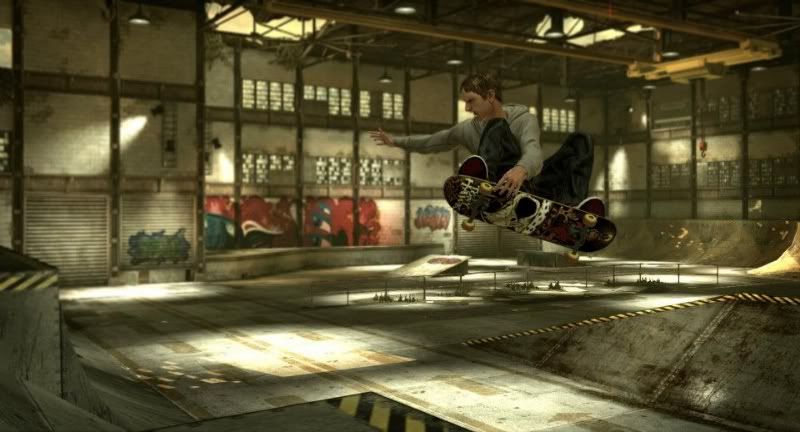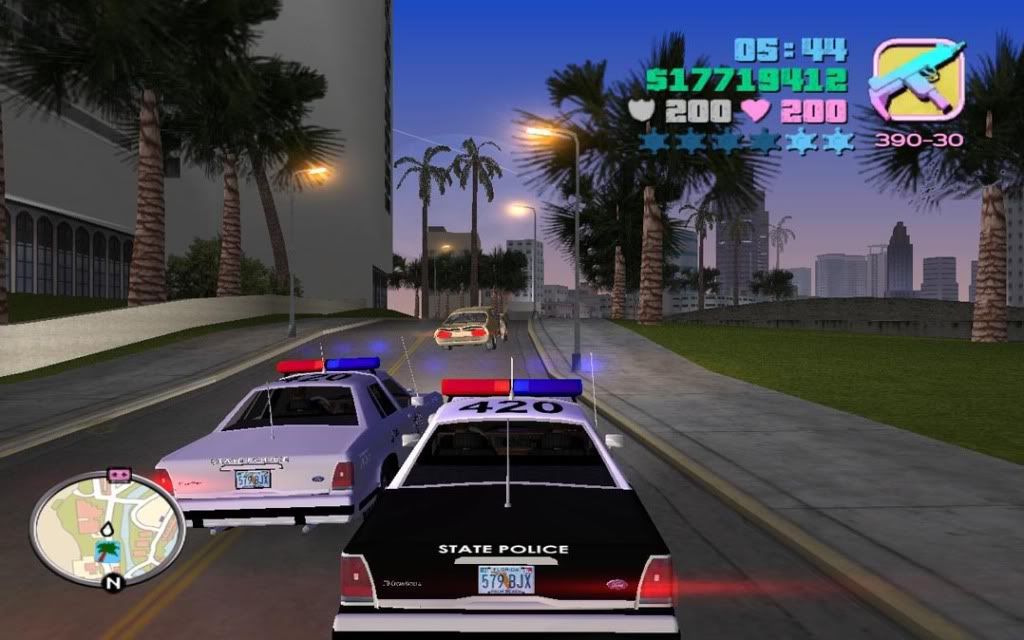This post has not been edited by the GamesBeat staff. Opinions by GamesBeat community writers do not necessarily reflect those of the staff.

I came this close to becoming a skate punk in high school.
Actually, that's not true at all. But when I played Tony Hawk's Pro Skater as a teenager, I felt like a skate punk. Couple that with the prevalence of the X Games on ESPN and my brief time playing bass in a local ska band — sadly, no recordings survived — and I felt completely legit.
I wasn't, of course. And honestly, most of the music for the original THPS wasn't true "skate punk," either. (Our own Rob Savillo could give you quite a crash course in that genre.)
But while I came off looking like a poseur, THPS captured the vibe of the skating subculture because the gameplay and licensed music fit so well together — better than any original composition could have. And that mixture is something I wish more games would attempt.

Licensed music is usually the province of sports games or rhythm-action titles. In the former case, the music is nothing more than the sonic equivalent of flavor text; it might augment the game's atmosphere but only unconsciously. In the latter case, the music is the gameplay; without it, you'd have nothing to do.
THPS strikes an interesting middle ground. Music is an essential part of the culture of skateboarding; the two are inextricably linked. It's no surprise, then, that the default sound mix in THPS plays tracks like Goldfinger's "Superman" and Unsane's "Committed" at a high volume — higher than the in-game sound effects.
You're not supposed to ignore these tunes the way you might in Madden or NBA 2K; you're supposed to feed off of them. And the tracks are carefully timed so that your two-minute run — a feature that later games in the series abandoned — peaks just as the energy of the music does. You could play without the songs, but to do so would be detrimental to your gameplay experience.
No wonder fans of the series want the old soundtrack back for the upcoming HD remake of THPS. It's not just nostalgia. It's a plea for a return to that level of symbiosis.

Maybe the only game that uses licensed music to create this sense of synergy better than THPS is Grand Theft Auto: Vice City. While the whole GTA series uses popular tunes, they were a more integral part of the game world in the neon-lit streets of Rockstar's mock Miami. (You could make a case for San Andreas' hip-hop beats, too, but I think the '80s vibe in Vice City is more evocative.)
Every time you boosted a new ride in Vice City, you immediately heard what your victim was just listening to: new wave, hair-metal, bubblegum pop, and more. I've never found anything in a game that has immersed me so quickly.
It's interesting, then, that Rockstar chose to partially go away from this tactic in 2011's detective title L.A. Noire. Don't get me wrong: Andy Hale's original work, like the main title theme embedded above, is excellent stuff, and it does fit the feel of the game's world. But I'd much rather have let the soundtrack of the city of Los Angeles take care of itself diegetically the way Vice City did.
And indeed, when you hop in your cruiser (or commandeer a citizen's), you get the same period-appropriate radio selections that the GTA games featured (like the Louis Armstrong track below). But too often, they give way to scripted sequences with brand-new background music. That blunted L.A. Noire's immersion for me.
Obviously, the three games I've mentioned so far are all set in the real world, and that makes it easier for them to use licensed music to bolster their respective atmospheres. But I think it's possible to utilize such tunes in works of fantasy or science fiction, too, like the Blue Danube scene in 2001: A Space Odyssey.
Take Braid, for example. The songs of cellist Jami Sieber have nothing to do with platforming puzzles, princesses, or rewinding time. In fact, most of her contributions to Braid are from an album entitled Hidden Sky, which is inspired by the sounds and landscapes of Thailand. Hardly gaming material.
But Jonathan Blow chose her music because of the feelings and textures it evoked. (He may also have needed to save money by not hiring an original composer, but I'll give him the benefit of the doubt.) He claimed that using already-published music guaranteed that the composers felt strongly about what they had made. And he appropriated those emotions for his own work. The result is undeniably powerful.
I'm a huge fan of video game soundtracks. Some of the best compositions I've ever heard started life as simple 8-bit melodies. But licensed music is a relatively unexplored universe when it comes to games. And I'd love for that to change.
